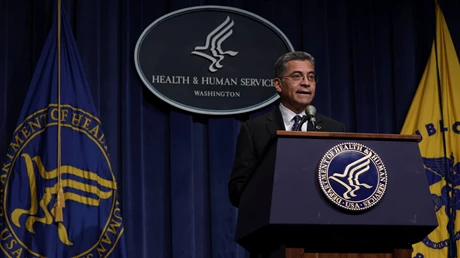I Trust You, Mom and Dad.
 These words in the ears of any parent – whether spoken verbally or witnessed in their kids’ actions, light up the heart and make a mom or dad feel proud, doesn’t it?
These words in the ears of any parent – whether spoken verbally or witnessed in their kids’ actions, light up the heart and make a mom or dad feel proud, doesn’t it?
Getting your kids to trust you is hard, and it gets harder the older and wiser they get.
In a society where youth run to everything and anything BUT their parents, when your child can trust you it’s the ultimate win as a parent. Let’s face it, we may not always be their first choice to share their hurts, pain, challenges, or joys, but every parent wants to be somewhere in the number.
Trust is a sensitive thing, though – even in the hands of the youngest toddler. And, just because “we’re the parent and what we say goes”, a parent can never command or demand trust.
As Christian parents, spiritualizing and Bible-thumping our way to trust with our kids is risky behavior at best and unbiblical at worse. The Word of God instructs children to obey and honor their parents (Ephesians 6:1-2). Our kids can follow the “letter of the house”, never show us disrespect, and still not trust us.
Trust must be earned.
Yes, after everything we sacrifice for our kids – trust is not an automatic entitlement. We as parents have intentional work to do, and this work may not even directly involve our kids.
To explain, let’s take a look at a few play calls for building trust in our children:
1. Tell the Truth.
Do our kids hear us being dishonest with other people? Are there conversations where they hear us telling lies? Have we ever asked them to “white lie” for us – “tell them I’m busy/not here…”?
Listen, kids are like sponges – they don’t miss a drop of tea! Even when we think they’re not listening – they are. Let’s make sure that our children hear words from our mouths that are honest and true. Once children see you telling lies – and hypocritically punishing them for lying – credibility as a parent is damaged and trust is lost. Always tell the truth!
2. Live Honestly.
Just like kids hear when we don’t think they’re listening, kids see everything, too! Even when we don’t think they’re looking – they see us – borrowing (taking) things that don’t belong to us, concealing or sneaky behavior, justifying when we fall short versus correcting the problem.
Our children want to see us living in a way that supports the ideals we drill into them – so practice what you preach! When our kids see us living in a manner that resembles the Bible we preach to them, they will be more likely to find us trustworthy – worthy of their precious trust.
3. Be as transparent as you can about your mistakes.

Parents, let’s start by admitting we’ve made mistakes, too! If we’re walking around like we’ve been living error- and sin- free in the 3rd heaven all of our lives, how can our kids find us approachable or relatable? It’s hard for a kid who may be having challenges in life to confide or trust in an adult who’s the poster child for perfection.
I remember when my son asked me, “Ma, have you ever lied?” There’s no way I could lie about the lies I’ve told and not be a liar lol! I had to spill the beans and be honest about my failures and what lying taught me.
Show your scars, parents! Give them a glimpse of your pain. We all teach obedience, but share a time when you weren’t! You don’t have to tell all the gory details, but you’ll be surprised at how much your transparency loosens up your child to open up to you later.
4. Keep your promises.
Broken promises will rattle the most mature adult. Imagine our children’s super-sensitivity to broken promises. When you tell your child you’re going to do something, that thing is taken to heart, often shared with their friends as bragging points, and they greatly depend on you to come through. After a solid pattern of keeping your word, our kids are able to rely on what we say without reservation or fear of disappointment and embarrassment. If you’re shaky about your word or effort, be very clear with your kids that something is a possibility rather than a definite.
Even then, for younger kids, it may not matter – “if mommy or daddy said it, it’s a sure thing.” So, guard your words and your promises carefully. It’s better not to make a promise than to break a promise (Ecclesiastes 5:5).
5. Never give up on them.
Whether they show/tell you or not, children know when they’re being a pain. Some of our sweet darlings, who are in a rebellious stage, do things intentionally to get on our nerves. But, when they come to themselves, and they will like the prodigal son (Luke 15:17-20), they will never forget that after all the hell they put you through – you never gave up on them.
A parent’s love suffers long, and with this never-ending love, our children learn that we will always be a safe, loving place for them. They’ll trust us to give them the truth, and know that we’ll do so in love.
That’s all our kids really want in this world anyway – to be loved. Our children know it when they feel it – love that flows from a trustworthy heart.
So Mom, Dad, let’s make a trustworthy heart our life goal with our children and nurture better relationships with our kids.




